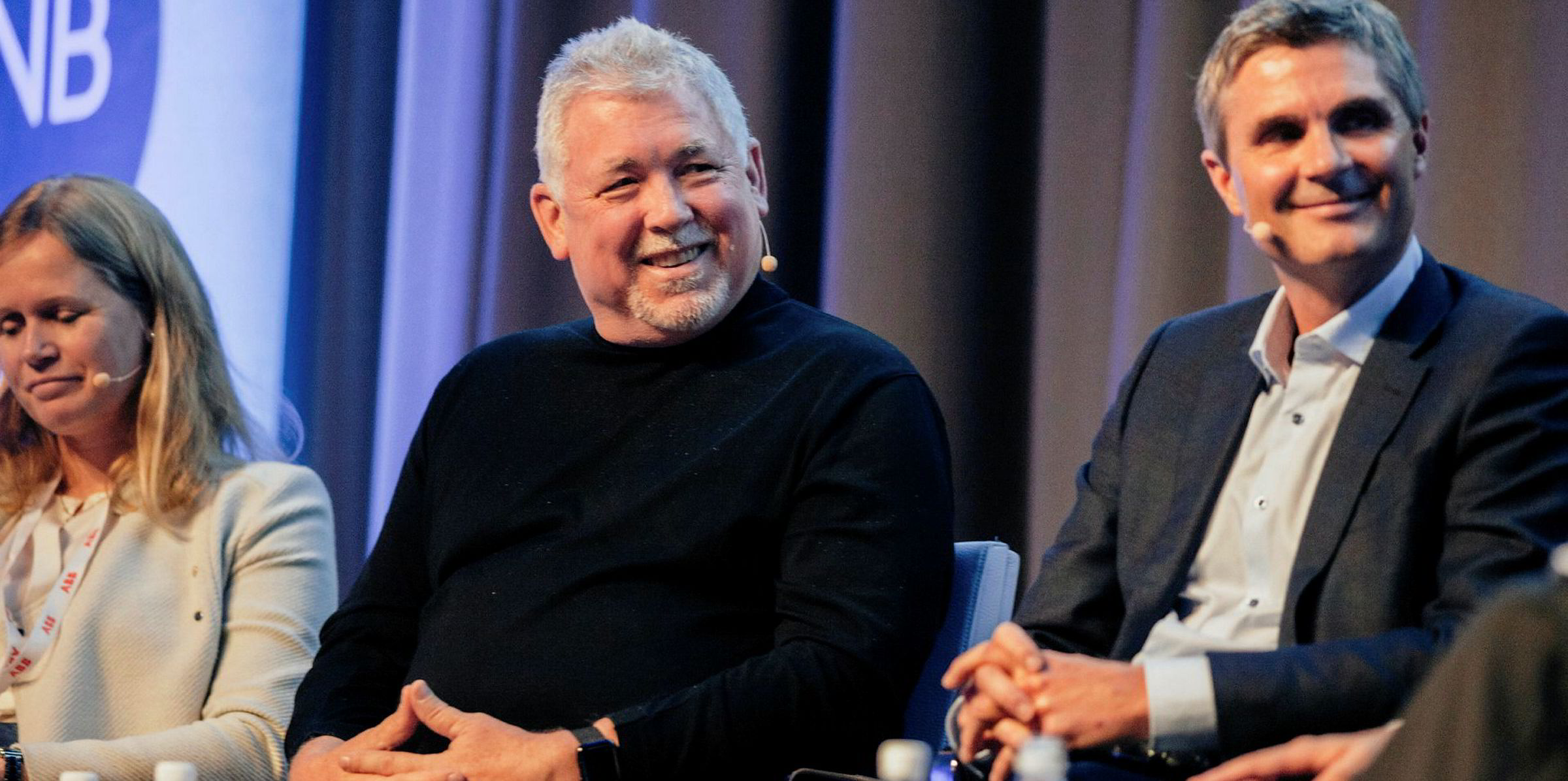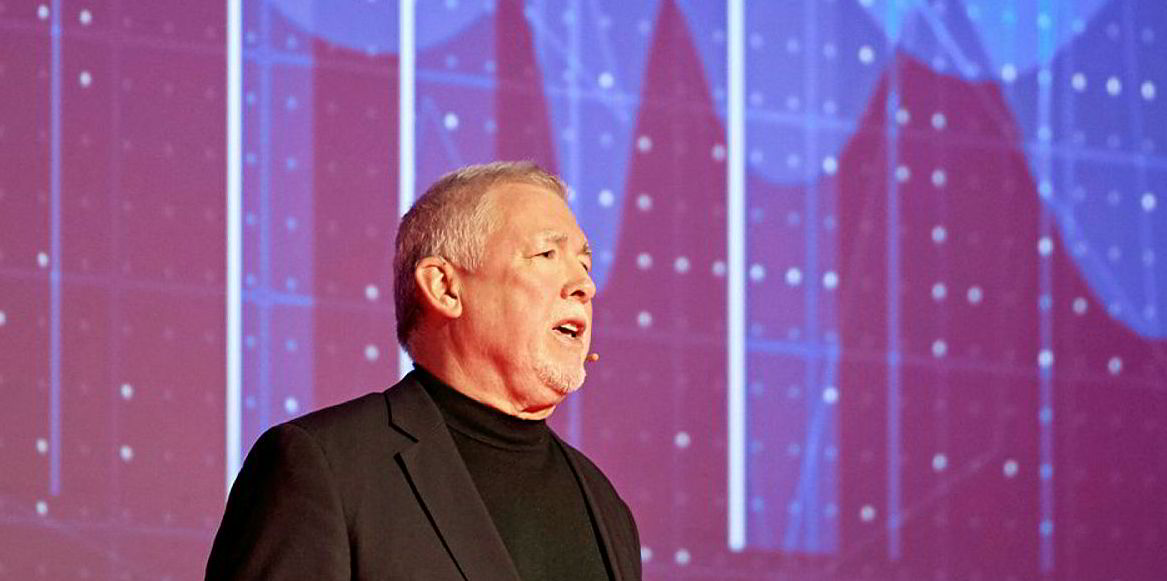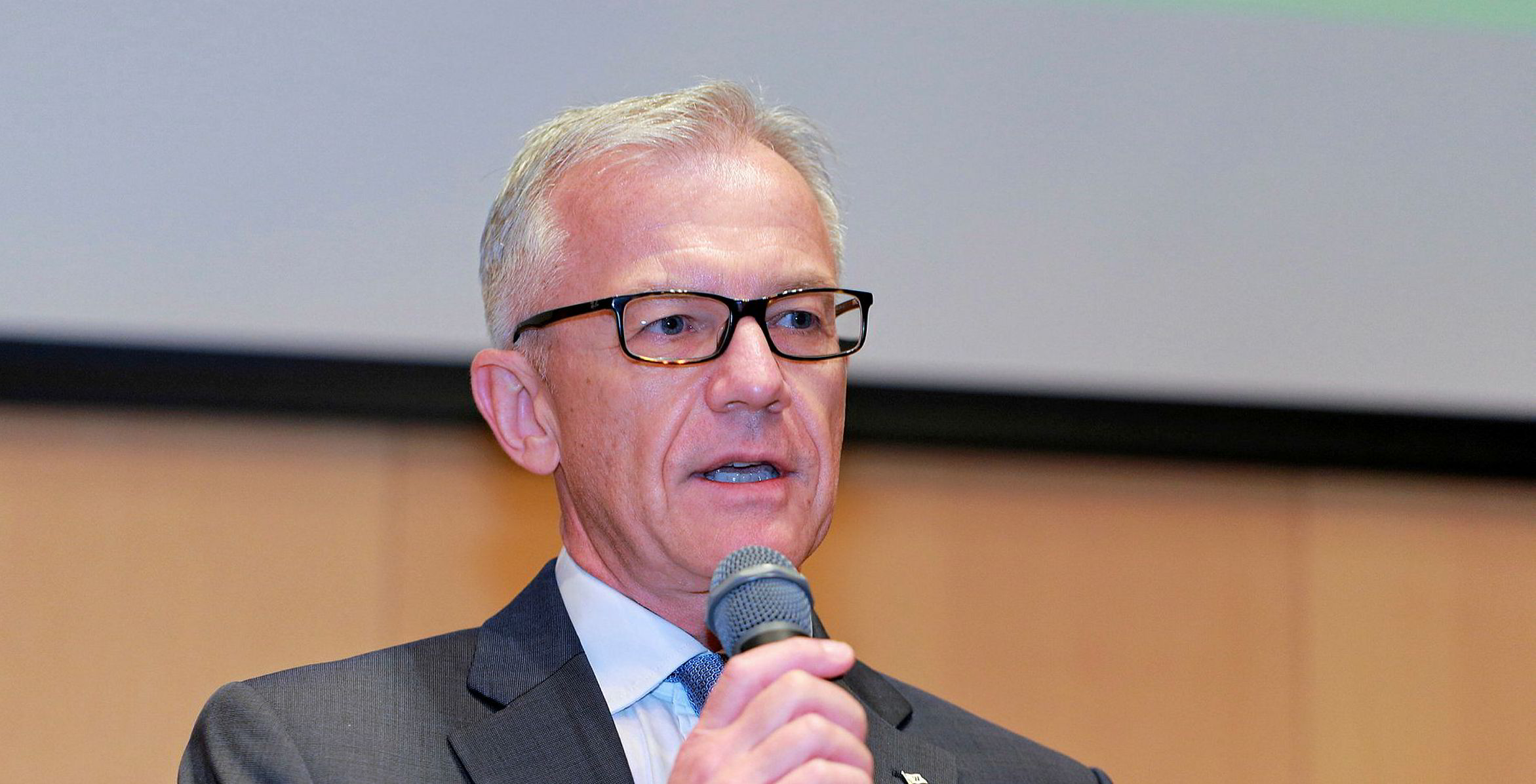Wallem Group chief executive Frank Coles has described shipping's regulatory environment as “dysfunctional”, calling for more coordination between national authorities from prominent maritime nations.
Some critics say the regulatory process at the IMO can often be time-consuming while not taking into consideration the opinions of maritime professionals.
The industry should “not rely on 150 political appointees”, Coles tells TradeWinds, referring to the representatives from IMO member states.
“We are at a place where it’s dysfunctional.”
New way forward
National regulatory bodies should "come together and create a way forward ... create a regulatory organisation, a maritime body ... to decide on how ships should be regulated, what’s the safest way [for a ship] to be designed, what the training standards should be”.
Coles, who headed technology outfits Transas and Inmarsat Maritime before joining Wallem last year, is unsatisfied with the slow pace of the IMO, particularly in developing regulations for digitalisation.
“The industry doesn’t have the framework,” he says.
Coles’ vision is of technical managers collecting data from vessel operations on behalf of shipowners.
“The future of proper shipmanagement is collecting data, sharing data, operating the ships using data at the core,” he says.
“That’s the right way to operate the ships to collect the data on fuel performance, machinery performance, maintenance performance, and share with the owners.”
“We want to provide full transparency to our owners in terms of the quality of our shipmanagement.”
The IMO 2020 bunker rules are also creating challenges for shipmanagers, according to Coles.
Fuelling change
An estimated 95% or more of the world’s vessels will switch from high-sulphur fuel oil to 0.5%-sulphur fuels, many of which are of new grades that need to undergo trial runs in ship engines and cannot be mixed together.
“We need to get tanks right, cleaning right, preparation right,” Coles emphasises. “Make sure the [fuel] specification is correct. Keep the different specifications in separate tanks.
“Overall, we are making sure we are providing the right fuels.
“On top of that, nobody really knows ... the impact ... these compliant fuel specifications are going to have upon the engines.
“So we have to pay very careful attention to our maintenance programmes.”
A key question facing the sector is whether shipmanagers need to become bigger to survive.
Coles, whose company operates about 250 ships, says consolidation “is possible” in general.
“But it won’t be Wallem. My shareholders are not interested in selling. We don’t see any benefit in just buying another shipmanager that does the same thing.
“We are just going to grow organically. That’s our focus.”






